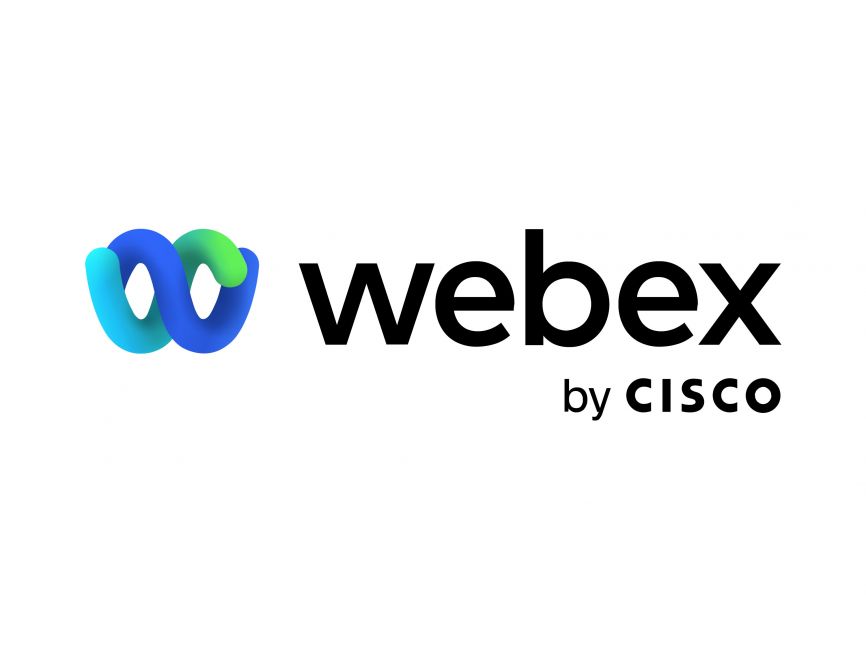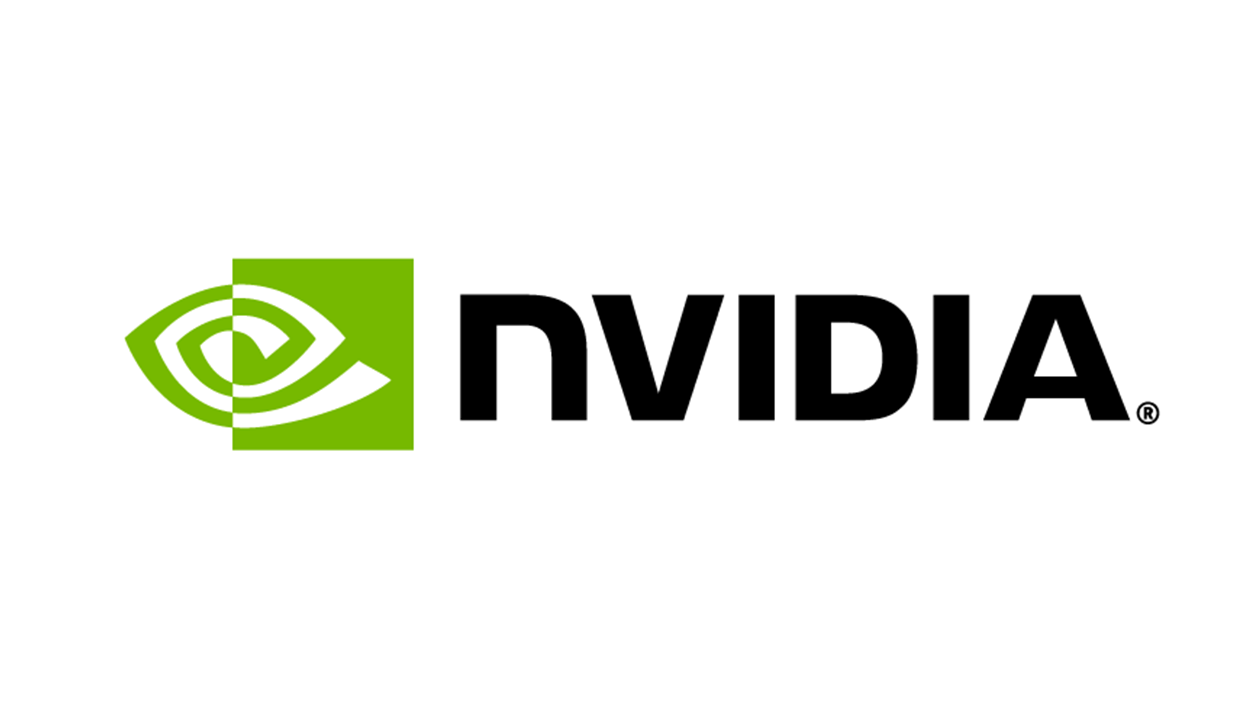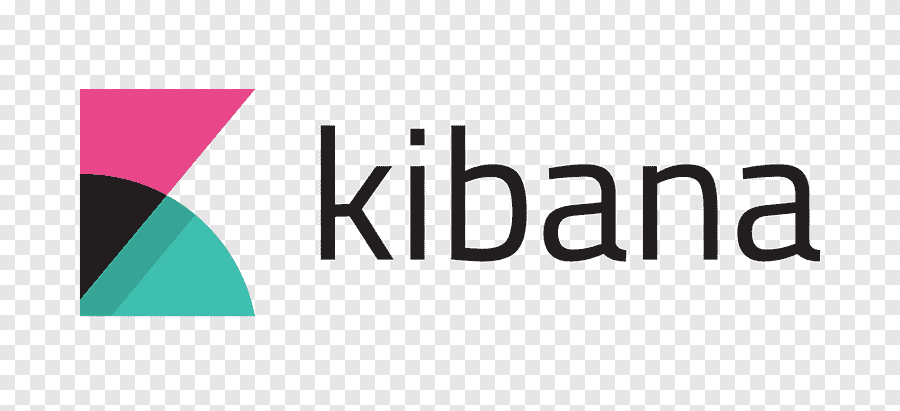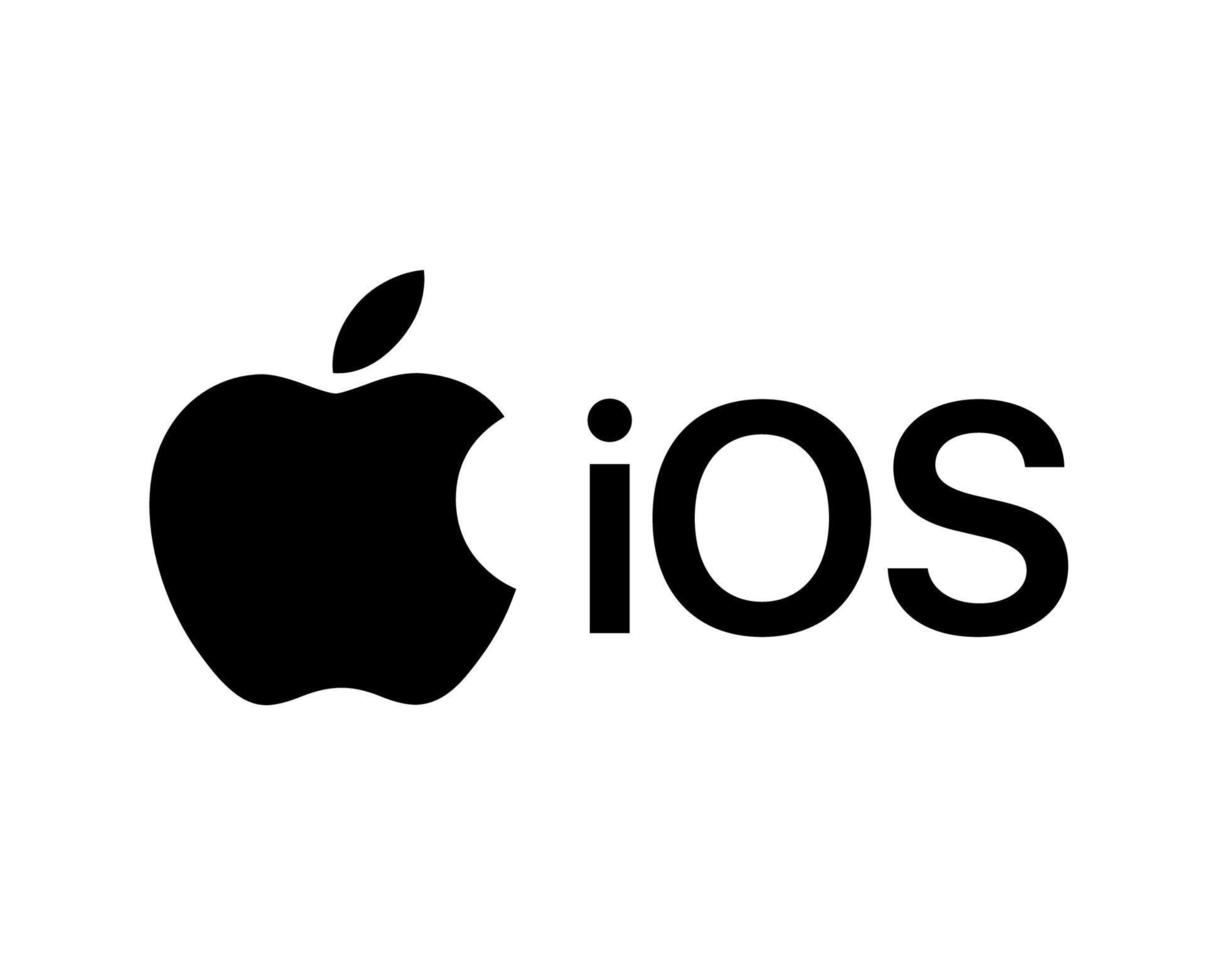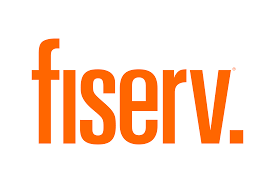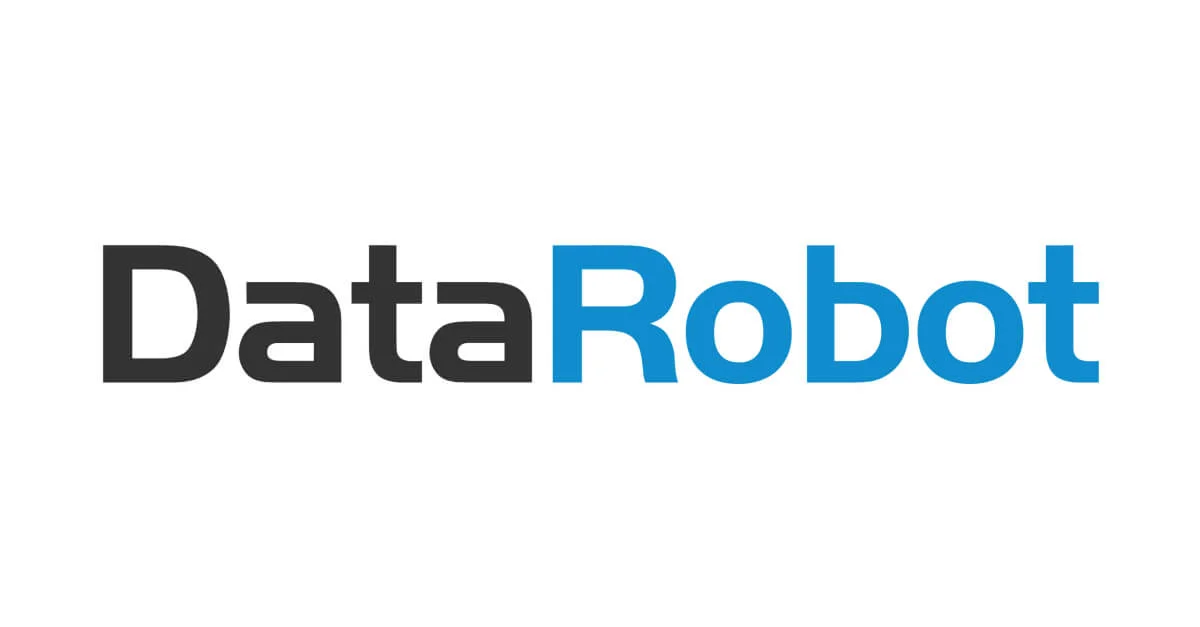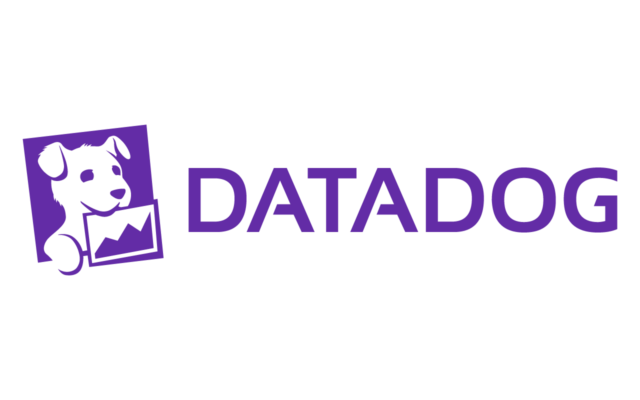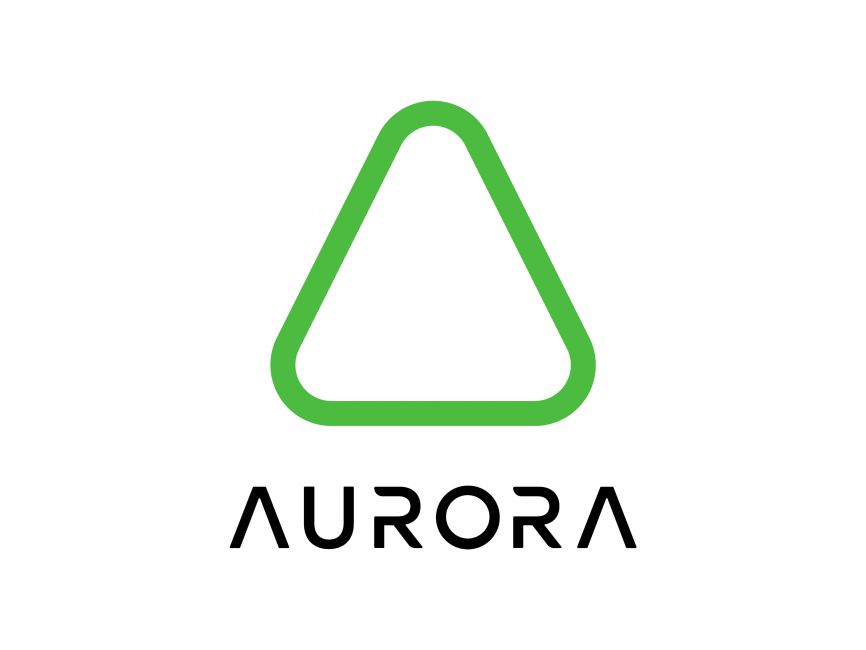Key Components of the Media Industry:
- Broadcast Media:
- Television and Radio: These traditional forms of media remain influential, though they are increasingly supplemented by digital platforms. Television networks produce and broadcast news, entertainment, sports, and educational programs, while radio offers a mix of music, talk shows, and news.
- Print Media:
- Newspapers and Magazines: Though print media has seen a decline in recent years due to the rise of digital platforms, it still plays an important role in journalism and niche markets. Print publications offer in-depth reporting, opinion pieces, and feature stories on a variety of topics.
- Digital Media:
- Online News Outlets: Digital platforms have revolutionized how people consume news and information. Websites, blogs, and apps provide instant access to breaking news, video content, and interactive features.
- Streaming Services: Platforms like Netflix, Hulu, and Amazon Prime have transformed the way people watch television and movies, offering on-demand content that can be accessed from anywhere.
- Social Media:
- Platforms like Facebook, Twitter, Instagram, and TikTok: Social media has become a powerful tool for communication, marketing, and community-building. It allows users to share content, interact with others, and stay informed about the latest trends and news.
- Influencers and Content Creators: Social media has given rise to a new breed of celebrities and content creators who have built large followings and can influence public opinion and consumer behavior.
- Advertising and Marketing:
- Traditional and Digital Advertising: The media industry relies heavily on advertising revenue. Traditional forms of advertising include TV commercials, print ads, and billboards, while digital advertising includes online ads, social media campaigns, and influencer partnerships.
- Content Marketing: Brands increasingly use content marketing strategies to engage with audiences by providing valuable and relevant content that resonates with their target market.
Challenges and Trends:
- Digital Transformation: The shift from traditional to digital media has disrupted established business models, forcing companies to innovate and adapt.
- Content Monetization: Finding effective ways to monetize digital content, whether through subscriptions, advertising, or pay-per-view models, is a key challenge.
- Misinformation: The rapid spread of misinformation on digital and social platforms has raised concerns about the credibility of media sources and the need for better regulation.
- Personalization: Advances in data analytics allow media companies to deliver personalized content to users, enhancing the user experience and increasing engagement.
- Ethical Considerations: The media industry faces ongoing ethical challenges, including issues related to privacy, censorship, and the impact of media on society.
Conclusion:
The Media industry is a vibrant and essential part of modern society, influencing culture, politics, and everyday life. As technology continues to evolve, so too will the ways in which media is produced, distributed, and consumed. The future of media will likely be shaped by continued digital innovation, changes in consumer behavior, and the ongoing challenge of balancing profit with ethical responsibility.





